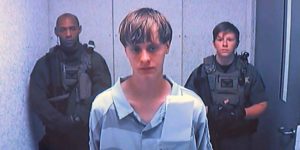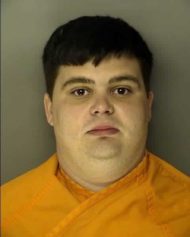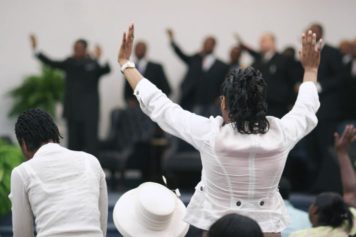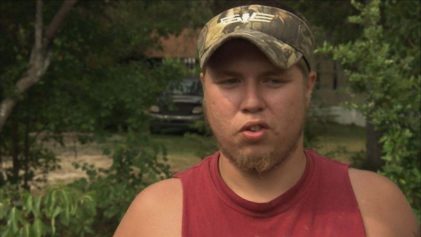Day Two of the death-penalty trial against Charleston church shooter Dylann Roof was spent trying to convince a jury that the baby-faced killer deserved the ultimate punishment for his racially motivated crime: an end to his life.
Federal prosecutors on Wednesday presented Roof’s jailhouse journal as evidence in the case against him, as jury members who convicted him in the hate crime last week began weighing evidence to determine whether he should be sentenced to life in prison or executed.
Just six weeks after carrying out the attack at Mother Emanuel AME Church in Charleston, South Carolina, that left nine Black worshipers dead, the gunman complained in a jailhouse journal that he would no longer have the freedom to do the things he enjoyed, like go see a movie or chow down on good food. Still, he wrote that the deadly massacre was “worth it,” as he had to dish out payback for all the alleged wrongs committed by the Black community.
“I would like to make it crystal clear, I do not regret what I did,” Roof wrote. “I am not sorry.”
Roof moved to represent himself during the sentencing phase of the trial and said he did so to prevent his defense attorneys from presenting evidence on his mental state, according to The Washington Post. He also griped about the fact that his attorneys had forced him to go through two separate competency hearings, which he knew would eventually become public record.
“So, in that respect, my self-representation accomplishes nothing, so you can say, what’s the point?” Roof said. “And the point is that I’m not going to lie to you, either by myself or through anyone else.”
“There’s nothing wrong with me psychologically,” he added later.
Roof was convicted on 33 hate crimes charges, among others, stemming from the bloody church massacre he carried out last June. He must still go through a separate state trial in South Carolina where he also faces execution. That trial is scheduled to begin later this year.
*This story will continue to be updated.



